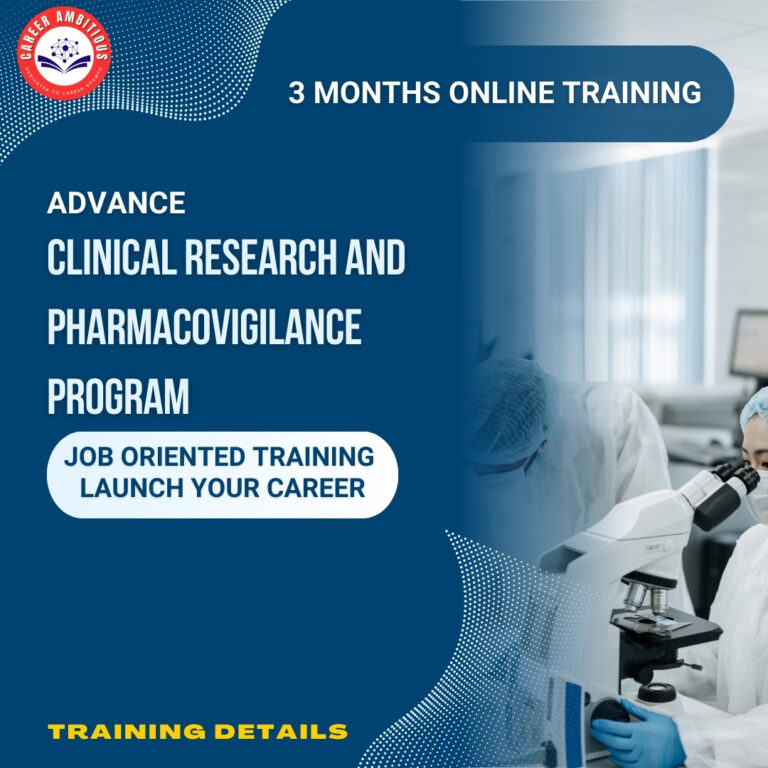IP Analyst Career: What Every Pharma Graduate Must Know

Table of Contents
What is an IP Analyst Career?
Why Pharma Graduates Are a Perfect Fit
The Demand for Pharma IP Analysts in 2025 and 2026
Clinical vs IP Careers: Which Path Should You Choose?
Top Skills Needed for a Successful IP Analyst Career
IP Research Field: What It Means for You
How to Make a Career Switch from Pharma to IP
Certifications and Courses That Help
Career Roadmap: B Pharma to IP Analyst
Future of Pharma Domain Careers in IPR
Final Thoughts
IP Analyst Career is an emerging trend that pharma graduates can no longer afford to ignore. As the pharmaceutical industry evolves, the intersection of intellectual property and life sciences is becoming more prominent than ever.
What is an IP Analyst Career?
An IP Analyst (or Patent Analyst) studies, categorizes, and evaluates patent documents, primarily in the IP research field. For the pharmaceutical domain, this role involves examining drug patents, formulations, and molecular innovations. It’s a non-core role that’s intellectually stimulating and highly relevant in today’s knowledge economy.
Why Pharma Graduates Are a Perfect Fit
Why are B Pharma and M Pharma graduates gravitating toward IPR roles? Because they bring a deep understanding of molecules, formulations, and drug mechanisms — all of which are central to patent documentation.
Also, many students search for non-core pharma jobs that still leverage their domain knowledge. That’s exactly what pharma IP jobs offer: a meaningful, future-ready career that values scientific background but doesn’t require a lab coat.
The Demand for Pharma IP Analysts in 2025 and 2026
As per projections by multiple career trend reports and government job portals (official site), there will be a significant uptick in IP analyst jobs in 2025 and 2026 — especially in the pharmaceutical sector. With drug patent filings increasing and biosimilars gaining traction, companies need pharma-educated professionals to help them understand patent landscapes.
In fact, career roadmap IP discussions in pharma seminars are highlighting IPR as a top non-clinical career trend.
Clinical vs IP Careers: Which Path Should You Choose?
Let’s address the classic debate: clinical research vs. IP Analyst Career.
If you enjoy:
Hospital-based roles
Dealing with patients
Clinical trial monitoring
Then clinical is your path. But if you prefer:
Research without patient interaction
Reading patents and working with science + law
Remote-friendly, global career options
Then the IPR after pharma route is a strong alternative.
Top Skills Needed for a Successful IP Analyst Career
Here’s what sets the best apart in pharma IP careers:
Scientific comprehension of compounds and their interactions
Patent database search techniques
Knowledge of patent law pharma principles
Analytical and reporting skills
Comfort with legal and technical documentation
These are all learnable through guided training and industry immersion.
IP Research Field: What It Means for You
The IP research field is broader than it seems. It’s not just about patents. It’s about:
Understanding intellectual property for pharmacists
Following trends in generic drug launches
Avoiding patent infringements
Protecting innovation
This knowledge places you in a strategic role within companies.
How to Make a Career Switch from Pharma to IP
The idea of a career switch pharma students often struggle with is this:
“I studied pharmacy. Am I stuck in core roles forever?”
Absolutely not. Thousands of graduates have transitioned to IP analyst careers with the right steps:
Learn the IP basics.
Understand your pharma knowledge is your USP.
Upskill with focused programs.
Apply for analyst internships or entry roles.
This switch is easier than it seems — especially when compared to moving to IT or business roles.
Certifications and Courses That Help
Several institutions offer pharma IP certification programs. When choosing one, ensure it includes:
Patent search techniques
Pharma case studies
Claim interpretation
Introduction to Indian and global IP laws
Tip: Courses that include hands-on patent search practice are more valuable than purely theory-based ones.
Career Roadmap: B Pharma to IP Analyst
Here’s a simplified roadmap for job after B Pharma in the IP domain:
Stage 1: Complete B Pharma → Stage 2: Learn basics of patents and IPR → Stage 3: Enroll in a pharma IP course → Stage 4: Gain practical exposure via internships → Stage 5: Apply for IP Analyst roles → Stage 6: Specialize in patent filing or freedom-to-operate analysis
Each stage builds on your existing strengths.
Future of Pharma Domain Careers in IPR
In the coming years, roles related to patent analyst for pharma are expected to evolve with AI, automation, and international IP laws. Here are some top pharma domain careers in the IPR world:
Patent analyst for formulations
Patent filing specialist
Competitive intelligence in generics
IP portfolio manager
These roles require continual learning but offer excellent growth.
Final Thoughts
The IP Analyst Career is one of the most promising non-core roles for B Pharma and M Pharma graduates. With the right mix of pharmaceutical knowledge and legal insight, you can build a career that is future-proof, intellectually stimulating, and financially rewarding.
Whether you’re considering a career switch from pharma, exploring IPR after pharma, or eyeing a high-impact pharma IP job, the roadmap is now clearer than ever. Keep learning, stay curious, and build your unique edge in this powerful domain.
If you want to understand how this career path aligns with your personal journey, visit careerambitious.com to speak with an expert and explore your options.


























